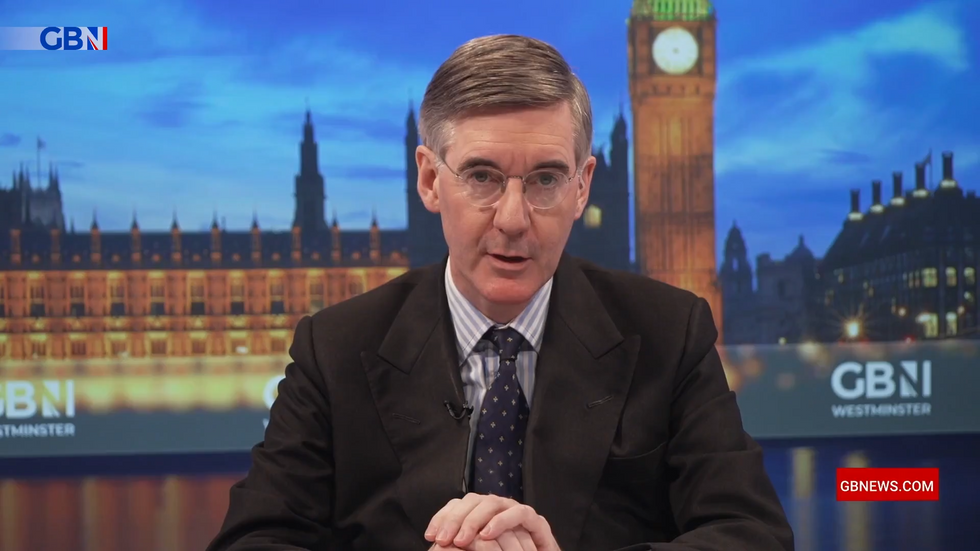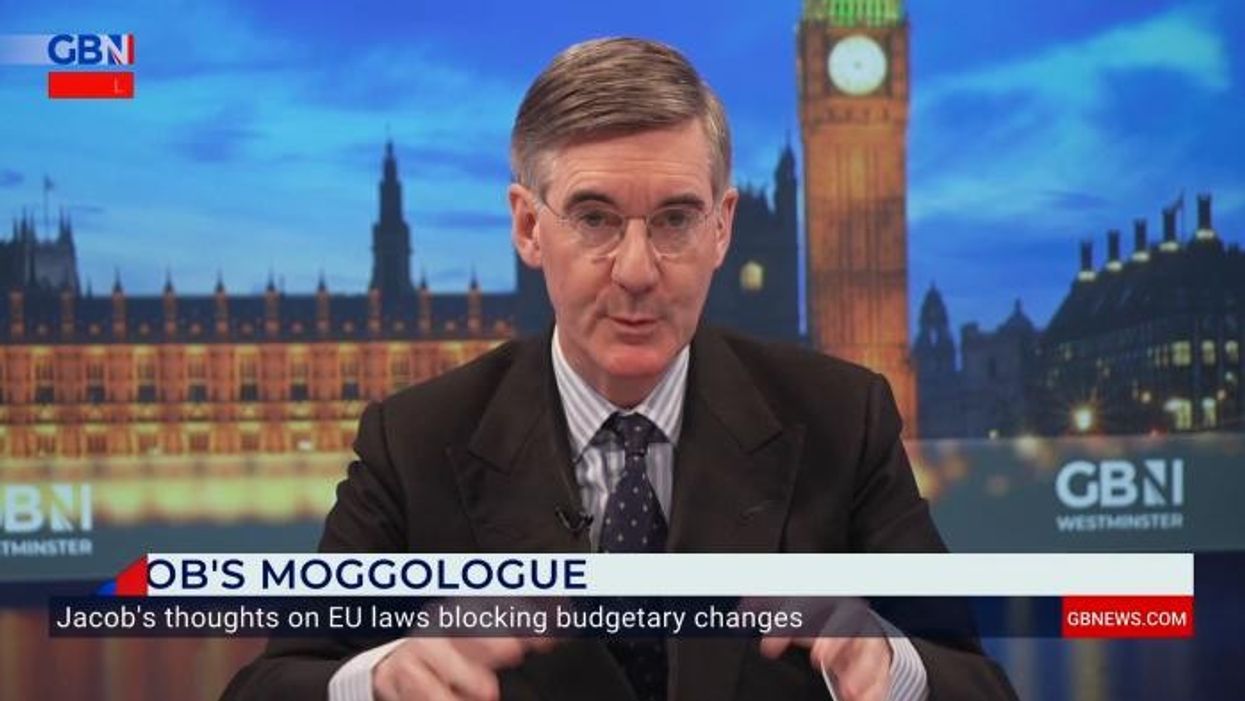If we had stuck to Boris's plan, we would have been able to increase our VAT threshold, says Jacob Rees-Mogg

We need to have a taxation system that encourages economic growth and creates the least friction whilst raising the money that needs to be raised
Don't Miss
Most Read
Latest
Well, could you believe it? The European Union appears to still be in control of Britain's laws.
The Guardian has revealed that the Chancellor privately admitted to backbench MPs - not including me, which is why I feel able to tell you - if he'd told me, I'd feel that I'd been told confidentially and I couldn't pass it on - that the feeble increase in yesterday's VAT threshold increase was restricted by European Union laws yesterday.
The VAT threshold for businesses increased from £85,000 to £90,000. It appears the Chancellor wanted to take it further, which he should have done.
It's a very good policy, but couldn't because of the Windsor framework deal signed with the European Union last year.

Jacob Rees-Mogg says the EU is 'still in control' of UK laws
|GB News
The framework crystallised the Northern Ireland protocol which separates Northern Ireland from the rest of the United Kingdom, forcing it into compliance with the EU single market.
But if His Majesty's Government had continued with Boris's plans with the Northern Ireland Protocol Bill, that would have unilaterally withdrawn us from components of the protocol.
In other words, if we had stuck to Boris's plan, we would have been able to increase our VAT threshold.
Now why does this matter? It matters because VAT thresholds discourage business, especially smaller ones, from increasing their revenue.
So if you're a tradesman whose business earned £87,000 under the new regime and you're offered £4000 worth of business just before the end of the financial year, it's in your interest to reject that business.
Because if you accepted it, you would go over the threshold and in the following year you would have to apply 20% VAT to all the services you sold, making you significantly less competitive.
So a £5000 increase which we saw yesterday is mere nickel and diming. It helps a bit but not much.And thank you to Christopher Hope for raising this point with the Chancellor earlier on today.
And it's fair enough to say that the National Insurance cut is significant. But in the grand scheme of things, it just lets people keep about £450 a year on average, which is less than £40 a month.
What we need is some bold and ambitious changes. We need to have a taxation system that encourages economic growth and creates the least friction whilst raising the money that needs to be raised.
That's why we need to look at reforming stamp duty which would help homeowners and potential homeowners to get rid of IR35 which discourages entrepreneurships and hold businesses back, as does the low level of the VAT threshold. IR35 basically assumes that self-employed people are tax avoiders.
It's also time to increase tax thresholds in line with inflation because that's having an effect on people across the country and eats into the cut in National Insurance very significantly, particularly on retired people don't pay National Insurance. But we need to get spending under control and we're continuing real terms increases, which is a mistake.
If we put all these bold cuts together, if we make it work, then we will have a chance of supply side reforms, planning reforms, welfare reforms, not just winning the next election, even more importantly improving in Israeli's terms the condition of the people far beyond the expectations of the OBR, the IMF, the OECD and all the other Brexit hating British bashing acronimised institutions that have become so encumbered by bureaucratic liberal group think.











